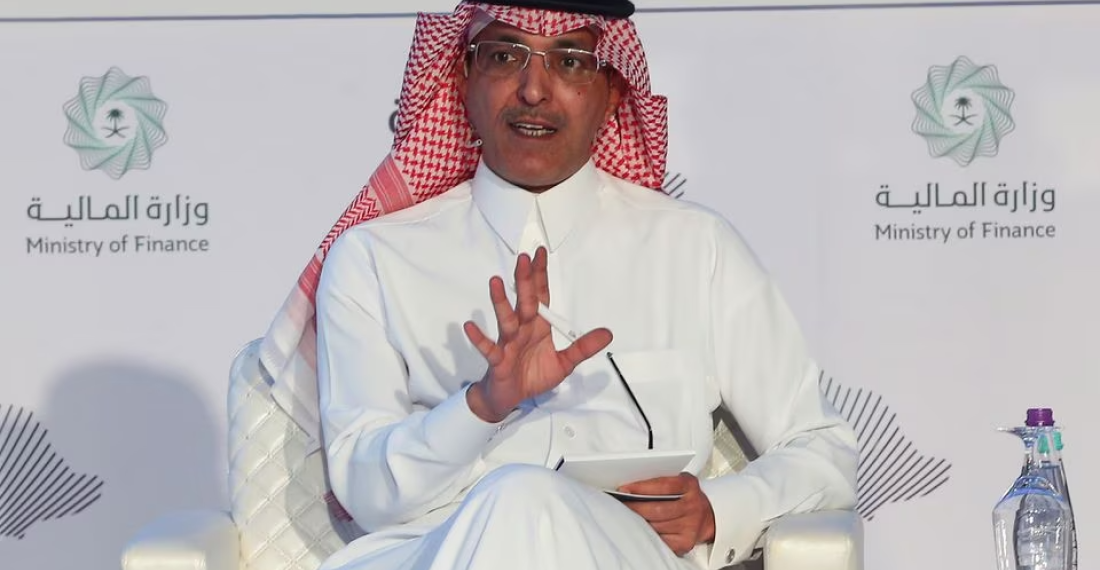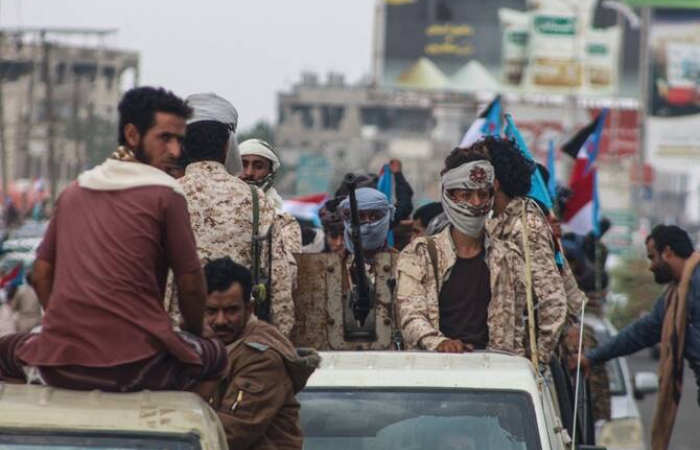Saudi Arabia's Finance Minister Mohammed Al Jadaan has said that his country's investments in Iran could happen “very quickly” following an agreement to restore diplomatic ties was struck on Friday (10 March) in Beijing.
The deal, which restores diplomatic relations between the two regional rivals that were broken in 2016, includes an agreement to resume diplomatic relations between them and re-open their embassies and missions within two months. The deal also includes their affirmation of the respect for the sovereignty of states and the non-interference in internal affairs of states.
Speaking during the Financial Sector Conference in Riyadh on Wednesday (15 March), Al Jadaan said "there are a lot of opportunities for Saudi investments in Iran. We don't see impediments, as long as the terms of any agreement would be respected."
Later, in an interview with Reuters news agency, Al Jadaan added, "We have no reason not to invest in Iran, and we have no reason not to allow them to invest in Saudi Arabia. It is in our interest to make sure that both nations benefit from each other's resources and competitive advantage."
"If they (Iran) are willing to go through this process, then we are more than willing to go through this process and show them they are welcome and we would be more than happy to participate in their development," he said.






